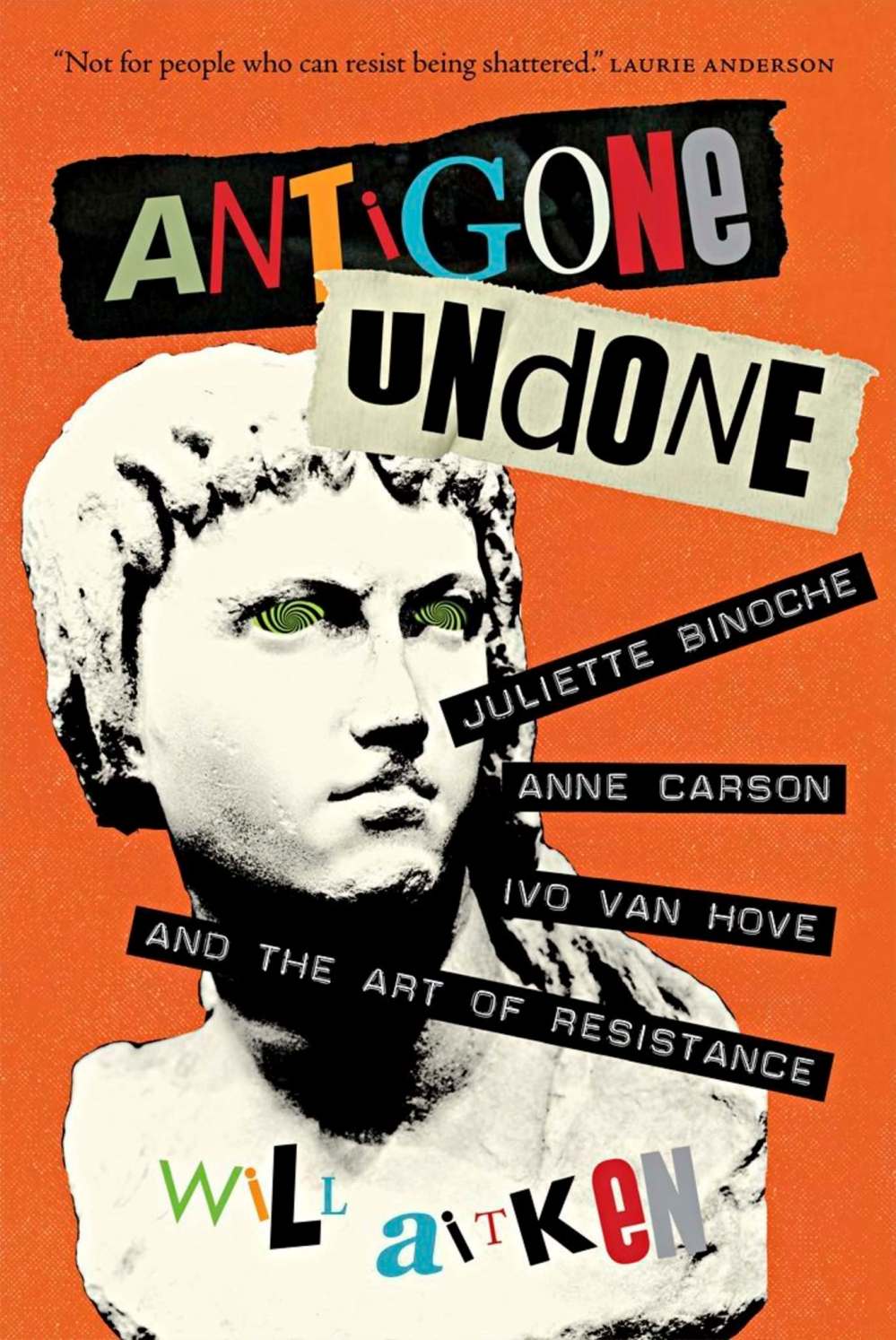Greek tragedy offers modern life lessons
Advertisement
Read this article for free:
or
Already have an account? Log in here »
To continue reading, please subscribe:
Monthly Digital Subscription
$0 for the first 4 weeks*
- Enjoy unlimited reading on winnipegfreepress.com
- Read the E-Edition, our digital replica newspaper
- Access News Break, our award-winning app
- Play interactive puzzles
*No charge for 4 weeks then price increases to the regular rate of $19.00 plus GST every four weeks. Offer available to new and qualified returning subscribers only. Cancel any time.
Monthly Digital Subscription
$4.75/week*
- Enjoy unlimited reading on winnipegfreepress.com
- Read the E-Edition, our digital replica newspaper
- Access News Break, our award-winning app
- Play interactive puzzles
*Billed as $19 plus GST every four weeks. Cancel any time.
To continue reading, please subscribe:
Add Free Press access to your Brandon Sun subscription for only an additional
$1 for the first 4 weeks*
*Your next subscription payment will increase by $1.00 and you will be charged $16.99 plus GST for four weeks. After four weeks, your payment will increase to $23.99 plus GST every four weeks.
Read unlimited articles for free today:
or
Already have an account? Log in here »
Hey there, time traveller!
This article was published 10/02/2018 (2848 days ago), so information in it may no longer be current.
For Will Aitken, Montreal-based American-Canadian novelist, journalist and film critic, the story of Antigone Undone — part memoir, part travelogue, part criticism and a thoroughly engaging read — begins in 2015 when poet Anne Carson invites him to Luxembourg. He is there to witness the opening of the play Antigone, translated by Carson, starring French actress Juliette Binoche and staged by Belgian director Ivo van Hove.
Aitken observes the rehearsals and then the performances, and gets to question Carson’s, the actors’ and the director’s creative choices. He succinctly compiles the best of his interviews in the second part of book. He offers insight into the dramatic process, but also stands back to take stock of the production’s effect on its audience, and opens the play and the character of Antigone up for critical and political readings.
In Sophokles’ fifth-century BC Greek tragedy Antigone, the teenage princess of Thebes, rebels against her uncle Kreon’s law and sneaks outside of the city to bury her “traitor to the state” and fallen brother Polynices. When she is found out, Antigone is sentenced to death and locked in a tomb, where she hangs herself. Although Kreon relents, his pardon comes too late. In turn, his son, engaged to Antigone, kills himself and Kreon’s grieving wife also takes her own life.

It’s a dark play, but as we are witnessing today’s political stage of the White House, where a despotic ruler passes laws that jeopardize rights and freedoms long established, Antigone’s resistance doesn’t seem so far removed. Her standing up to a man cloaked in the authority of a corrupt system resonates even further in the context of the #MeToo movement. The play eerily speaks to our world, our fears.
So it’s not surprising that the book is also the story of Aitken’s identification with Antigone and his unravelling — the depression and suicidal thoughts founded in past familial dysfunction and possible abuse Aitken alludes to.
While aspects of travel journalism, memoir and criticism in the book sometimes clash tone-wise, far more important than Aitken’s wit, colourful descriptions and pointed observations is his honesty about the effect the play has on him. In exposing his vulnerability, he allows us to embrace our own.
After his immersion in the play, Aitken describes emerging from an unwanted and threatening encounter in the basement of a queer Amsterdam bar — which is suffocating and has an uncanny resemblance to Antigone’s tomb — and also writes of his devastation at the near death of his dog. This makes sense since for most of us, our resistance to the dumb brutality of today’s world will not be the thing of a Greek tragedy, but will occur in the context of our everyday acts and experiences.
Aitken also discusses how Antigone’s story has influenced various thinkers including Georg Hegel, Virginia Woolf and Judith Butler. This reader groaned seeing Søren Kierkegaard’s name, but Aiken’s take on and challenge of Kierkegaard’s portrayal of Antigone is original and amusing. Even when discussing philosophy, Aitken’s writing is clear and visceral, and he never speaks down to his readers.
As disparate as the book’s three parts are, they work together to convince us that Antigone, similarly to other great art, affects and changes us.
Aitken ends his book with all the major players together after Antigone’s closing performance — Aitken, Binoche and Carson face each other around Carson’s kitchen table. They converse, and Binoche’s last words reverberate: “I express the world’s pain and try to heal it. Or maybe the expression of it is healing in itself.”
In today’s political climate, it’s as good a starting point as any.
Barbara Romanik resides in Winnipeg and is a fiction writer, editor and an academic.

